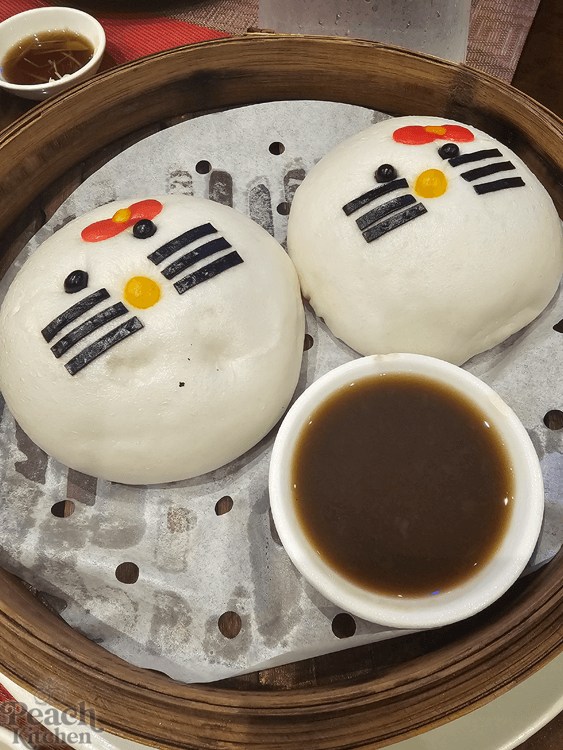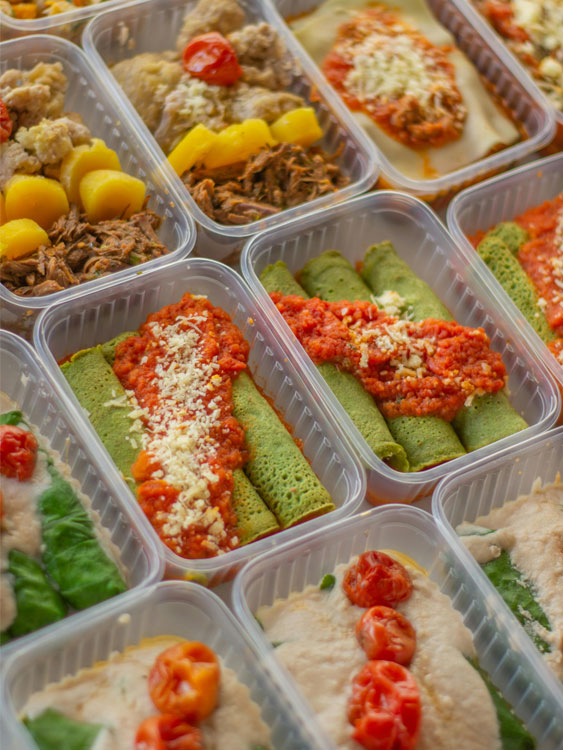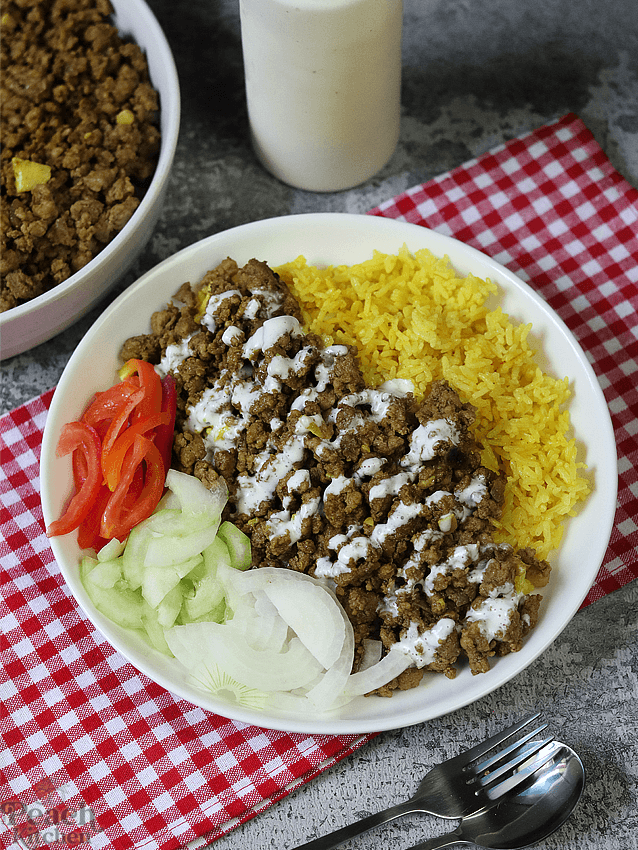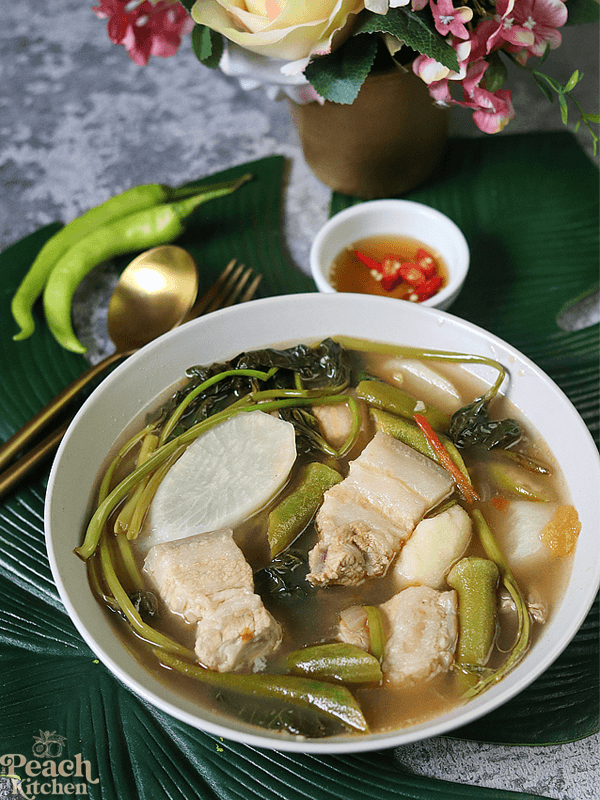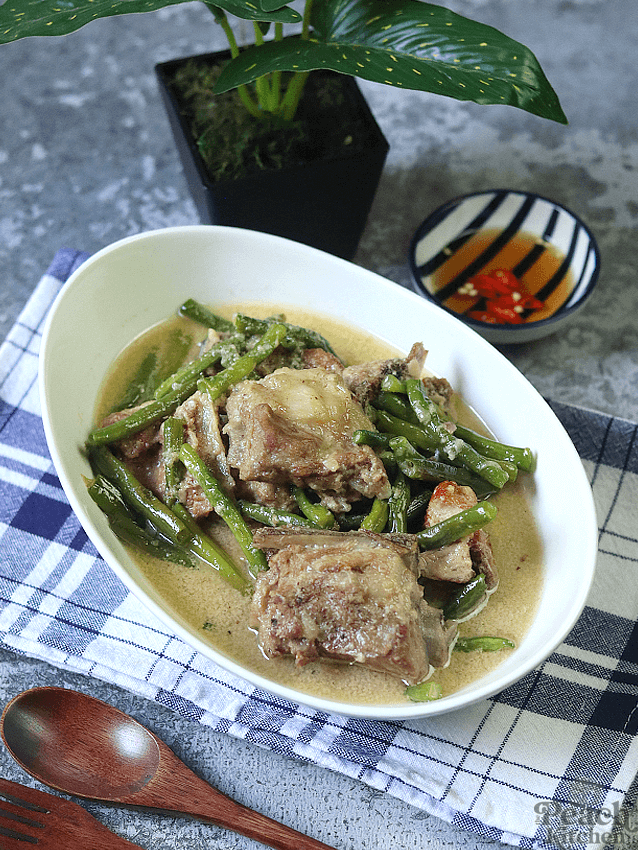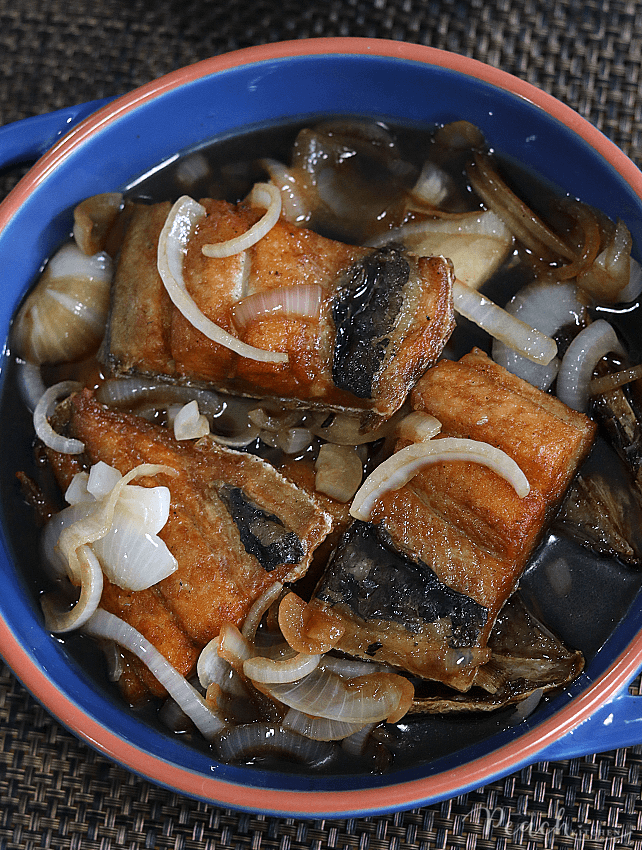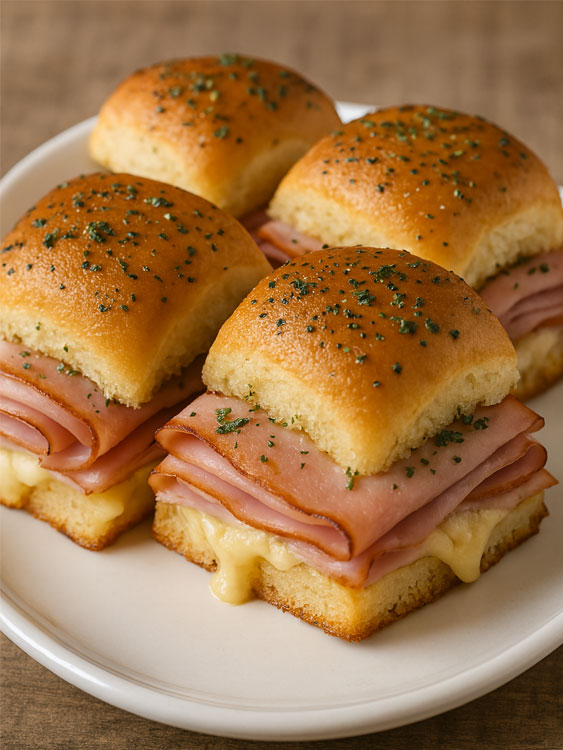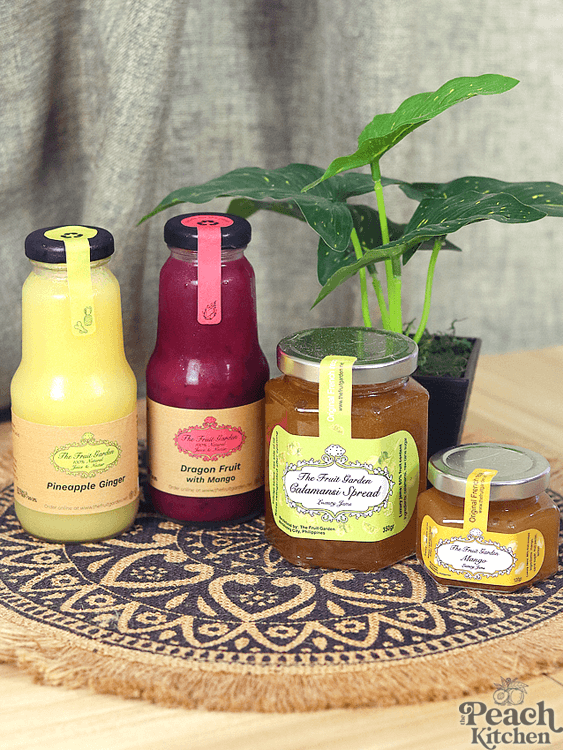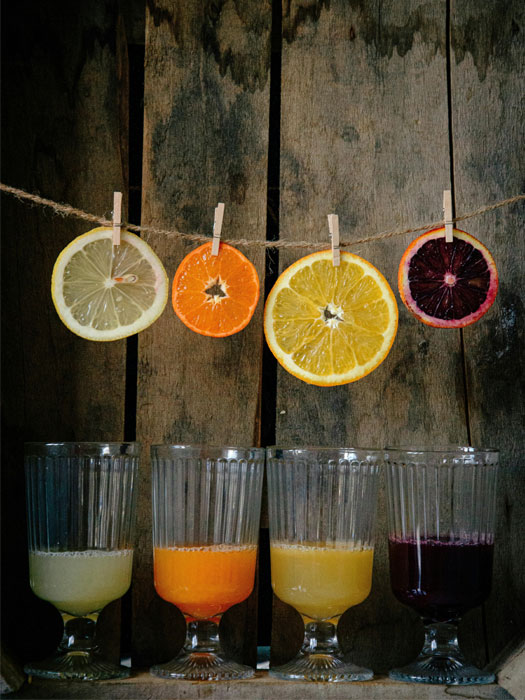Are you a food writer looking for ways to enhance your career? In search of the best tips to gain insight on getting a successful food writer job? Do you enjoy writing about food?
If yes, we’ve got you covered!

A food writing career, unlike any business, has its ups and downs. As a food professional, you’re expected to come up with unique and good recipes that suit your audience’s needs. And that’s not it! You must be well-versed in the rising cuisine and its flavors. You are also expected to be an expert in culinary, and for those needing help with writing about their culinary experiences, a safe service to write my essay online can be a great resource.
With all these factors to be considered, the job can be challenging and exciting. For those looking for assistance in writing about these culinary adventures, a paper writer service can be a valuable resource. In this article, we have listed the top 5 responsibilities of a food writer that you can learn to enhance your writing career.
While discussing the main responsibilities of a food writer, it’s also essential to have a reliable and affordable essay writing service at your disposal to help articulate your insights effectively
5 Main Responsibility of a Food Writer
You don’t become a professional food writer in a month or so. It requires you to have extensive knowledge of culinary, the most important – writing skills, and, out of all, a passion for food.
There are various food writer jobs available for you, from being a recipe developer to a food journalist to a food blogger.
To enhance your food writing career, consider the following responsibilities and try implementing them.
1. Culinary Expertise
This is an essential requirement.
Just like one can be paper writers only when they’ve helped students prepare quality essays and got them accepted into college, a food writer is no different.
Culinary is the culinary art of preparing food, cooking it, and presenting the food in the form of various meals.
Now, to become a food writer, you must’ve experience preparing food.
Not having culinary experience would mean you’re a driving instructor without knowing how to drive.
To improve your culinary expertise, you can continuously grow your culinary knowledge.
This can be done by trying different cuisines and learning about various ingredients and cooking techniques from others.
To be up to date with your food writing career, you must be aware of the rising food trends and culinary that have been emerging at the current time.
By inheriting culinary expertise, you can express it better in your food writing career.
2. Recipe Development
Unique writing separates you from the rest of the food writers. But how do you come up with a fantastic recipe when the food expected to cook is the same?
Well, recipe development is your thing! Each food professional has a way of developing a recipe they follow to prepare the food.
It can vary based on the ingredients you add, the procedure you follow, or how you cook it.
To become a successful food writer, ensure your recipe tastes the best! That is when your audience realizes that you’re good at it.
The process towards it could be developing a recipe that tastes good!
While it’s impossible to change everything, you can test original recipes and try your creativity and innovation to see if the dish gets any taste.
As a food writer, you must write a clear and detailed recipe that your audience can understand.
For this, you can come up with a recipe that is easy to follow and precise. Precise in terms of measurement and cooking instructions, which your readers can follow easily.
To make it even better, you can add precise measurements for food, like 1 ounce of floor, 100 grams of sugar, etc.
3. Food Photography

Photography is yet another essential aspect of food writing.
To convince your audience that your food recipe is the best, the picture should be appealing.
Photography skill is a must to create visually appealing content.
It allows your readers to know that the result of following your recipe looks something like this.
Also, the use of images in the instructions has proven to be helpful. Rather than just sharing the recipe’s result, you can use pictures of the cooking process to give ideas to your readers.
Everyone enjoys a detailed and brief recipe tutorial!
Invest in quality photography equipment, develop an eye for styling the dishes, and present them in the best angle possible.
4. Storytelling
There are thousands of recipes for the same food on the internet. So, what separates you from the rest of the food writer?
It’s the storytelling ability.
As a food writer, you must enhance your writing skills and develop engaging and captivating stories about the food you’re preparing. These chefs did the work about restaurants and your culinary experience.
Every reader on the internet prefers a story rather than just a recipe book.
You can start with your experience of preparing this food, how you learned about it, and such information.
Further, conveying the cultural and historical importance of the dishes is also a great idea to write about.
You always have the option to explore your creativity as a writer to come up with the best storytelling.
5. Research
You still need to prepare and know everything about the cuisine.
Here, in-depth research helps you a lot.
For example, if you’re preparing a new dish, say Pizza, you can research the background of the food, the context, the recipe, and the traditions it holds.
As a food writer, you must be well-versed with the safety, nutrient, and dietary trends that food offers.
Detailed research will be your companion to come up with the best food writing.
Many readers might want to enjoy a healthy meal with everything in control, so you’ve to be accurate about the calories of the food, the health benefits of the ingredients, and other related information.
Wrapping Up
There are many aspects to be considered to come up with the best recipe that resonates with your reader’s taste, preference, and need. After all, your readers are the one who determines how successful you become.
When it comes to any form of writing, be it essay writing, food writing, or blog writing, your audience is the one who decides the success!
But that doesn’t mean it is the only aspect of your success!
In this article, we learned about the top 5 responsibilities of a food writer. We explored culinary expertise, recipe preparation and development, photography skills, storytelling abilities, and the ability to do detailed research.
Further, you can explore other aspects of food writing, like networking, engagement, and promotion.
We hope this article was helpful to you! Are you a food writer, too? What roles do you think are the most challenging? Did we miss some of the primary responsibilities? Do let us know.








